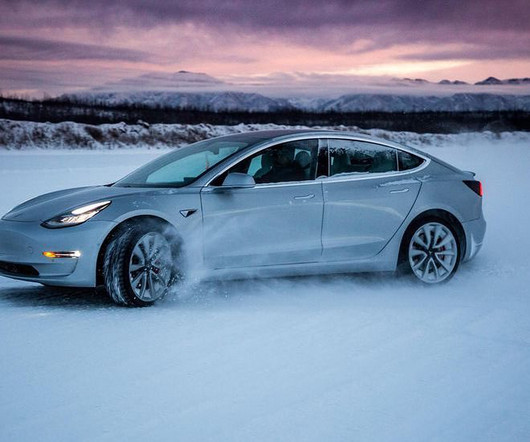Colorado approves goal to make 82% of car sales electric by 2032
Teslarati
OCTOBER 23, 2023
Colorado has voted to approve a new standard on the adoption of electric vehicles (EVs), with an additional goal set for 2032 and new guidance for increasing EV sales beginning in 2027. Coloradans want low- and zero-emissions vehicles because they help them get where they’re going while breathing cleaner air and saving money.












Let's personalize your content